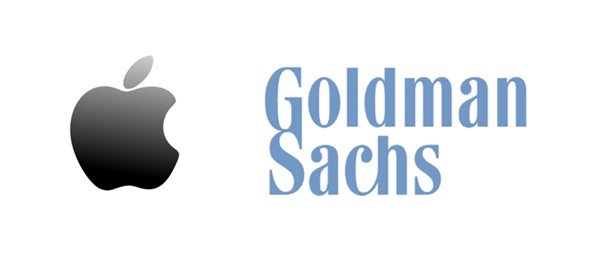Apple and Goldman Sachs finally convicted of deceptive practices

After a tumultuous partnership, Goldman Sachs and Apple's cooperation on the Apple Card has ended in a colossal fine imposed by the CFPB (Consumer Financial Protection Bureau). The U.S. giants will have to pay a combined total of $89 million, a sum that once again underlines the importance of consumer protection for regulatory bodies.
FACTS
- The CFPB, the US consumer protection agency, this week imposed a fine of around $89 million on Apple and Goldman Sachs.
-
The fine penalizes deceptive practices on the part of the two protagonists in the management of the Apple Card in the United States. The terms and conditions of use for the card, which was supposed to embody an innovative, cardholder-centric payment experience, were allegedly not all applied correctly.
- Indeed, users encountered difficulties in benefiting from the “interest-free” monthly payments promised by Apple, with some simply being charged interest on their transactions even though they were paying as part of the offer.
-
These inconsistencies led to numerous reports from users, but Goldman Sachs, in charge of managing disputes, then allegedly encountered technical problems in its processes, resulting in malfunctions and long waits for customers to be reimbursed.
- In response, the CFPB has divided the penalties between the two companies: Goldman Sachs is therefore required to pay a total of $64.8 million (including $19.8 million in compensation funds and $45 million in penalties), while Apple will have to pay $25 million to victim assistance funds.
CHALLENGES
- The importance of transparency in financial services: Security and consumer protection are taking center stage in regulations in the USA and Europe, as demonstrated by the forthcoming Payment Services Directive. This is not a new trend, but the size of the fines levied on Apple and Goldman Sachs once again underlines the importance of this issue for regulators and, more broadly, for consumers.
-
What's the link between innovation and regulatory compliance? In addition to the difficulty of ensuring compliance on such important projects, this partnership highlights the divergence of expectations and interests that can exist between the different players. The quest for innovation and performance cannot be pursued despite respect for standards and users.
MARKET PERSPECTIVE
- Apple has faced a number of setbacks since entering the financial services market. For example, after being obliged to do so by the European Commission, the American company had to open up the NFC technology in its iPhones to the competition, forcing it to review its business model and the quality of the services it offers.
-
Of course, the subject of regulation doesn't just concern Apple or the web giants. In France, for example, the CNIL has just issued a new verdict concerning a lack of data protection that had already been criticized at fintech Ledger in 2020. The French company specializing in cryptoasset storage would therefore have to pay a fine of 750,000 euros, an amount not yet confirmed by the CNIL.
